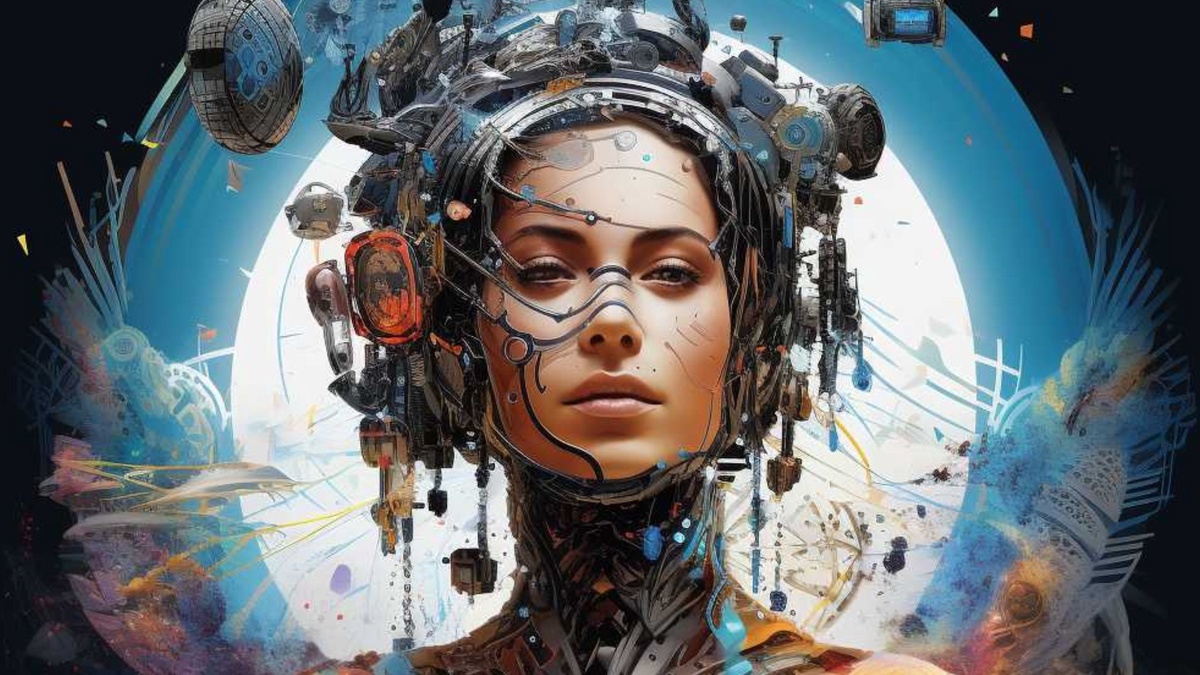In the ever-evolving fashion landscape, the convergence of technology and creativity has given rise to a remarkable phenomenon: AI-generated clothing designs. From the ethereal realms of digital artistry to the tactile reality of fabric, this fusion marks a profound shift in how we conceptualize and create garments.
As algorithms learn to mimic human aesthetics and understand the nuances of style, they open doors to infinite possibilities, pushing the boundaries of what was once deemed achievable in fashion design. At Pixite, we delve into the fascinating world where pixels meet fabric, exploring the innovations, challenges, and implications of AI-generated clothing designs.
Exploring AI-Generated Clothing Designs
- Innovations in Design: AI algorithms can analyze vast amounts of data on fashion trends, historical styles, and consumer preferences to generate unique and novel clothing designs. These designs often push the boundaries of conventional aesthetics, offering fresh perspectives and innovative concepts that may have yet to be conceived by human designers.
- Personalization and Customization: One of the most significant advantages of AI-generated clothing designs is their potential for personalization. By harnessing data on individual body measurements, style preferences, and lifestyle choices, AI algorithms can tailor designs to suit each customer's unique needs and tastes. This shift towards personalized fashion enhances the consumer experience and reduces waste by ensuring that garments are made to fit perfectly.
- Sustainability and Ethical Production: As the fashion industry grapples with sustainability and ethical production issues, AI offers potential solutions. By optimizing the design process and minimizing material waste, AI-generated clothing designs can help reduce the fashion industry's environmental footprint. Additionally, AI algorithms can facilitate transparency and traceability in the supply chain, ensuring that garments are produced under fair and ethical conditions.
- Challenges and Limitations: AI-generated clothing design also presents challenges and limitations despite its potential benefits. One key challenge is the balance between creativity and imitation – while AI algorithms can replicate existing styles and trends, they may struggle to generate genuinely original designs that resonate with consumers on an emotional level.
- The Future of Fashion: As AI evolves and matures, its role in the fashion industry will likely expand. From design and production to retail and marketing, AI-driven technologies have the potential to transform every aspect of the fashion value chain. However, it is essential to approach this evolution thoughtfully and ethically, ensuring that AI enhances creativity, diversity, and sustainability within the fashion industry rather than stifling innovation or perpetuating harmful practices.
Custom Fashion AI: Empowering Individual Expression
- Tailored Experiences: Custom fashion AI platforms enable consumers to engage in a highly personalized design process. By inputting their preferences, such as color schemes, patterns, and silhouettes, individuals can collaborate with AI algorithms to co-create garments that reflect their individuality.
- Accessible Design: One of the most significant advantages of custom AI Fashion Technology is its ability to make design accessible to a broader audience. By democratizing the design process, these platforms allow individuals with varying levels of expertise to participate in creating bespoke clothing tailored to their tastes and preferences.
- Empowering Creativity: Custom fashion AI streamlines the design process and fosters creativity and experimentation. Through intuitive interfaces and responsive algorithms, individuals can explore new design concepts, iterate on ideas, and ultimately bring their unique visions to life.
- Ethical and Sustainable Practices: As with AI clothing designs, custom AI fashion can potentially broadly promote ethical and sustainable practices within the fashion industry. By producing garments on-demand and minimizing material waste, these platforms reduce the environmental impact of fashion production.
- Cultural and Social Impact: Custom fashion AI platforms have the potential to celebrate diverse cultural influences and challenge traditional notions of beauty and style. These platforms foster a more inclusive and representative fashion landscape by empowering individuals to create garments that reflect their cultural heritage, identity, and values.
Conclusion:
The emergence of AI-generated clothing designs and custom AI Fashion Technology represents a significant evolution in the fashion industry, driven by the convergence of technology and creativity. These innovations offer exciting possibilities for enhancing design innovation, personalization, sustainability, and inclusivity within the fashion landscape.
As AI algorithms advance, they can revolutionize every aspect of the fashion value chain, from design and production to retail and marketing. We at Pixite are committed to exploring and harnessing the potential of AI clothing designs to push the boundaries of creativity and sustainability in the fashion industry.



No comments yet